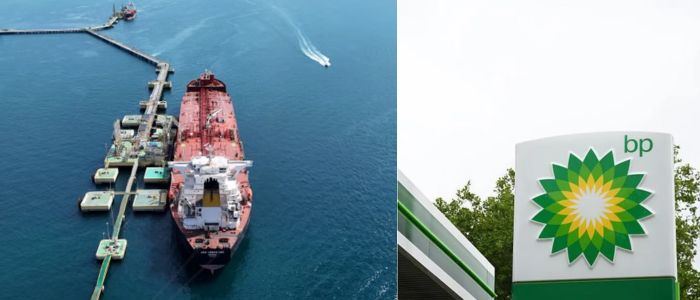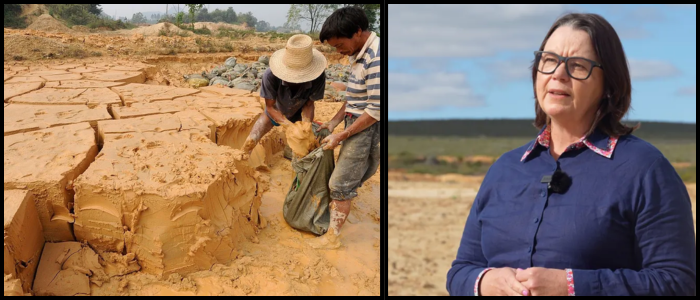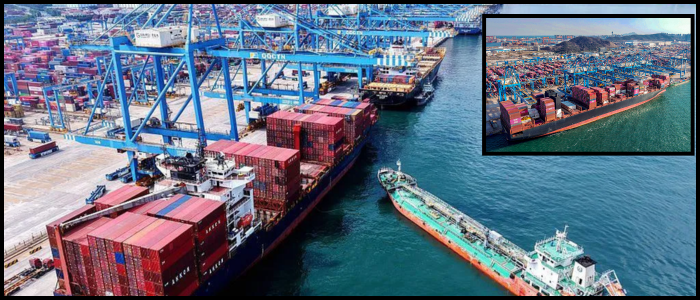Located in the Bumerangue block in the Santos basin and some 400 kilometers (250 miles) offshore, any find there could form a production hub in BP's future crude strategy.
"Importantly, it is part of the continuing rejuvenation of BP's UK North Sea portfolio and a further example of this industry's ability to deliver incremental projects that can compete for capital in a fast-changing environment. "This is also good news for the UK as we need to maximise economic recovery of our indigenous resources, improve productivity and extend the life of assets whilst positioning for a lower carbon future," Birrell added.
Oil Ride Resumes After Renewables Hold On Pause
The discovery signals a decisive shift in BP's energy strategy. The oil and gas giant slashed its 2030 renewable energy development spending, increasing by billions more per year its budget for fossil fuel exploitation in a move widely derided by climate activists. Objective: With years of pressure and losses sapping investor confidence, new CEO Forrest Krazit wants profits.
BP bagged several exploration successes this year, and among them were energy discoveries in Egypt and in the Gulf of Mexico — now called the Gulf of America by U.S. President Donald Trump's administration.
The Brazil discovery is the centerpiece of BP's fossil fuel revival, a "particularly good year" for its exploration team in 2025, wrote Birrell.
The company said the new hydrocarbon-rich layer extends 500 meters, making it BP's biggest find since discovering the Shah Deniz gas field in the Caspian Sea in 1999.
Early Recovery Signs in Financials
BP has reported improving second-quarter 2025 results, despite a recent patch of turbulence.
The company's profits dropped 15 percent over the year to $2.4 billion, but still vastly outperformed market expectations of just $1.8 billion, as well as an improvement on Q1's showing.
The change in direction is already bearing fruit, says Hargreaves Lansdown's head of equity research, Derren Nathan. The company's financial rebound has been aided by growing oil and gas production and strong exploration success, he said.
The company has struggled to leave behind its previous incarnation as a "solar saving" play over the past five years, with almost no progress made towards becoming a net zero energy producer. A 2020 $5.7 billion loss during the Covid-19 pandemic, then a $25 billion write-down on its stake in Russia after the Ukraine war broke out, severely strained its balance sheet.
Investor Pressure and Market Strategy
BP has come under fire for directing investment towards renewables while its oil super-major rivals are benefiting from a surge in energy prices following the Russia-Ukraine war.
With that major Brazilian find now alongside a shift back to conventional oil and gas, BP appears to be signaling a dramatic change of course — one that may serve to once again put output growth in motion for the producers as well as confidence in the market for investors.
Business

BP Unveils Biggest Oil and Gas Find in 25 Years

BP has revealed its biggest oil and gas discovery for nearly 25 years, a find that marks a turning point in the company's long move away from renewables and back towards fossil fuels. The UK-headquartered energy giant announced on Monday that it is exploring a new location in deep waters off the east coast of Brazil.















